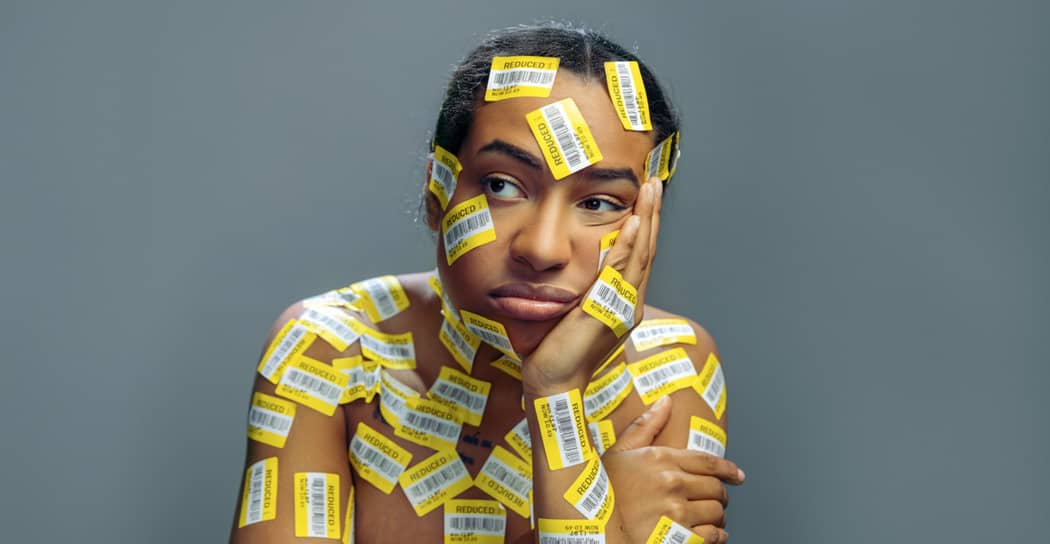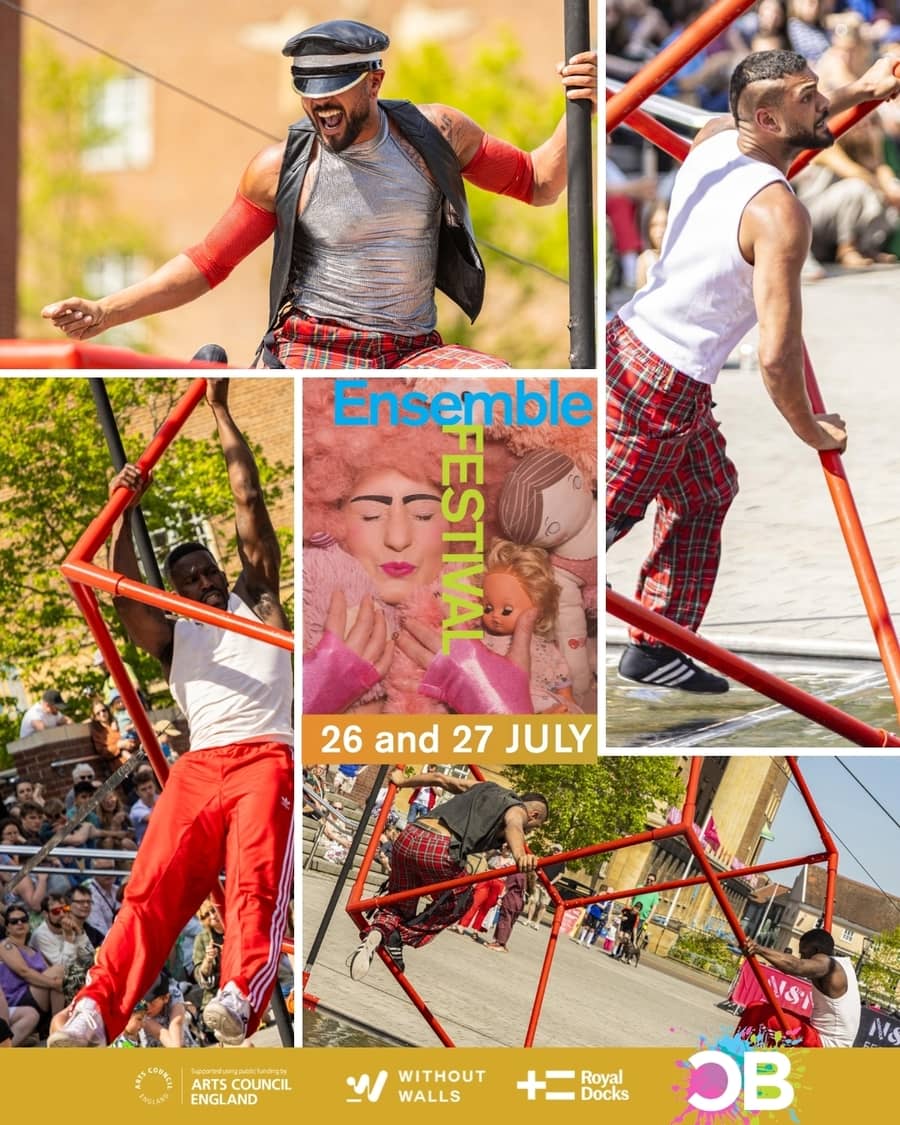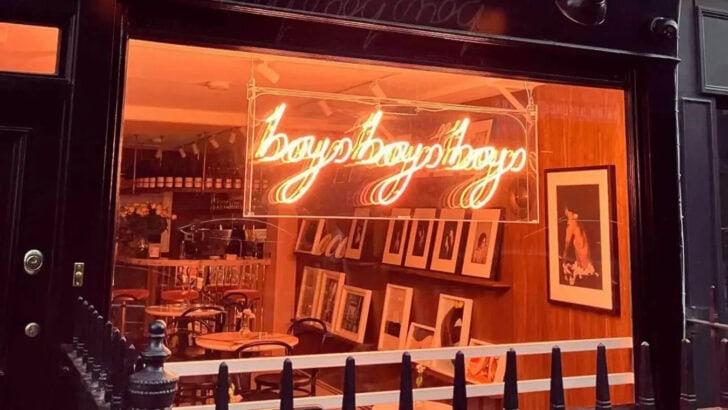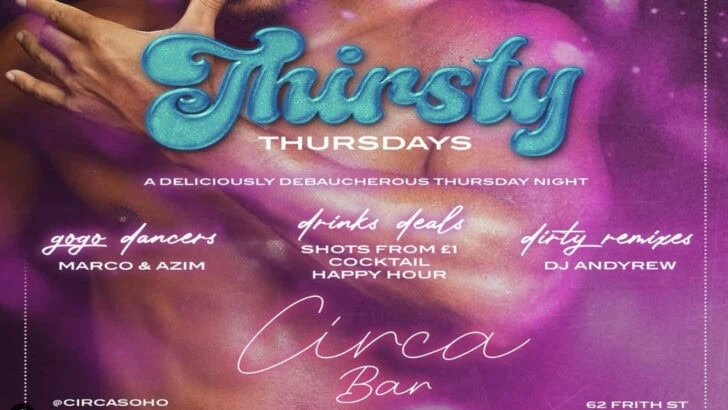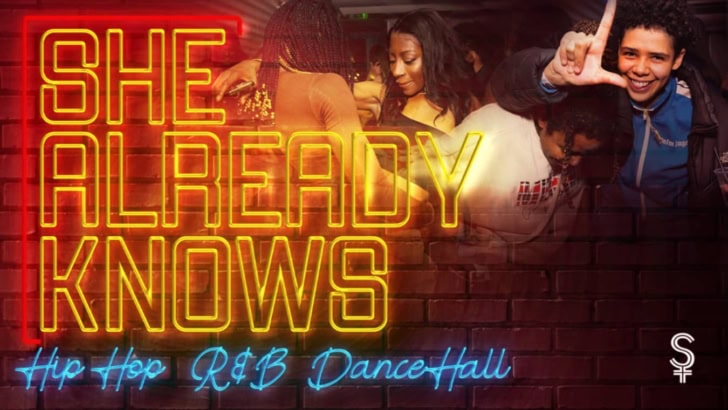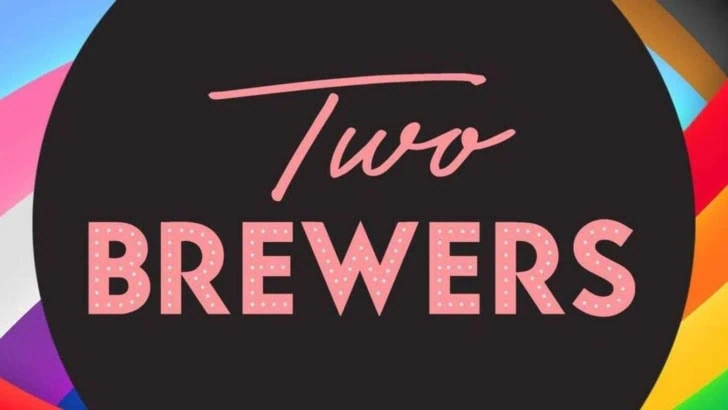QX caught up with young actor, director and playwright Shakira Newton ahead of her double-award nominated one-woman show ‘Things I Can Laugh About Now’ returning to Brixton House next week.
Centred around candid conversations in her therapist’s office, Shakira explores what it means to be mixed-raced, queer and working class in this witty, funny and moving coming-of-age story of self-discovery.
‘Things I can Laugh About Now’ opens on 1 November, and tickets are from £17. Book tickets: https://bit.ly/ticlan
What are three things the world needs to know about Shakira Newton?
I’m not sure what anyone “needs” to know about me, but I am an open-book type of person, so I’m happy for anyone to know anything they want to know about me when they ask. I am who I am due to the situations and relationships that have moulded me and my lived experiences, and therefore I don’t feel like I need to hide any parts of me/my personality. I’m very unapologetic about that. This trait of mine is inspiring to some and annoying to others, but that’s their business, not mine.
When did you discover your love for theatre arts; where and how did you explore it?
I have been a chronic attention seeker since birth, so the idea of being stood on a stage with all the attention in the room on me was one I was very intrigued by from a young age. My Granny and I have a super strong bond which stems from her looking after me a lot when I was growing up. Her flat was my safe haven when my actual home felt unsafe. At Granny’s, we would drink tea, eat biscuits and watch videos of old school musicals; and when I say “watch”, I mean that the film would be on in the background whilst I danced, sang, and acted out what was happening on the screen in real-time, complete with costume changes.
Like most people in my field, I began this journey as a performer doing school plays and amateur dramatics. I was that kid who did every after-school activity I could attend (or that was free, shall I say, ya gyal grew up POOR poor). We’re talking karate, football, horse-riding, gymnastics, dance, and of course, drama. Drama/acting was the one that I never got bored of; it was also the one that came most naturally to me. *GASP*.
How has being a British, queer woman of colour shaped your journey as an actor, writer and director?
Although being British, queer, cis-female, and of Black Heritage all have their intersections in my life, I can’t put concisely how they have all shaped my career, as a whole, into a short answer. What I can say is that I believe that my claim of each of these areas of my life has led to them being more of a help rather than a hindrance when it comes to pushing my career forward.
For example, the first piece(s) of my writing to be published were for Team Angelica’s three monologue audition books; Fierce – for and by queer performers, Lit – for and by Global Majority performers, and Common – for and by working-class performers. Being a part of all three of these demographics meant that I now have three separate pieces of writing published in three separate books. And the first play I ever wrote, Things I Can Laugh About Now, talks about being “every minority under the sun”. This show has had a brilliant response from audiences and reviewers and led to my receiving two nominations for the Black British Theatre Awards.
Every show that I have directed has had its narrative routed in queerness, Blackness, or both. So again, my being a part of these communities only helped make the storytelling of said shows that much more authentic and richer in character.
RE my acting career – although the roles I have been cast in haven’t all been specifically written for a mixed-race, queer, working-class woman, the main reason I have been cast for them is because when auditioning, I have been unapologetically myself, and myself is someone who is extremely proud to click each of those boxes on the Equal Opportunities list.
How much of your own life experiences have inspired the storyline of Things I Can Laugh About Now?
The show is written about a younger version of myself. Of course, certain bits have been given a dash of exaggeration for entertainment purposes, but everything that happens in the play has happened to me in my life, and without those experiences, there is no play.
Your tragi-comedy highlights topics of domestic violence, suicide and mental illness cleverly delivered with humour; When did you feel comfortable sharing and talking about these experiences?
Comedy has always been a huge coping mechanism for me. Via therapy, I have figured out is a way of invalidating and belittling my experiences because I feel like if I mock them when I speak about them with others, it will have been worth their time to listen because they got a laugh out of it. Not super healthy, but it is actually very cathartic. Being able to share traumatic situations with a room full of strangers and have them leave feeling inspired rather than traumatised/filled with pity is how all therapy should go, right?
After receiving two nominations at the Black British Theatre Awards this year for Things I Can Laugh About Now, what’s next for you?
In life, I am trying my best to stay present as much as possible and not wish away the blessings that are currently here because I am too busy longing for the next big thing.
So, right now, I am beyond grateful that people like the show. I am still processing the magnitude of having this story so well-received to the point of double nominations, and I am just really excited to be able to perform it again for two weeks in November!
Book tickets here.
Things I Can Laugh About Now, 1 November – 11 November.
Brixton House, 385 Coldharbour Lane, Brixton, London SW9 8GL
